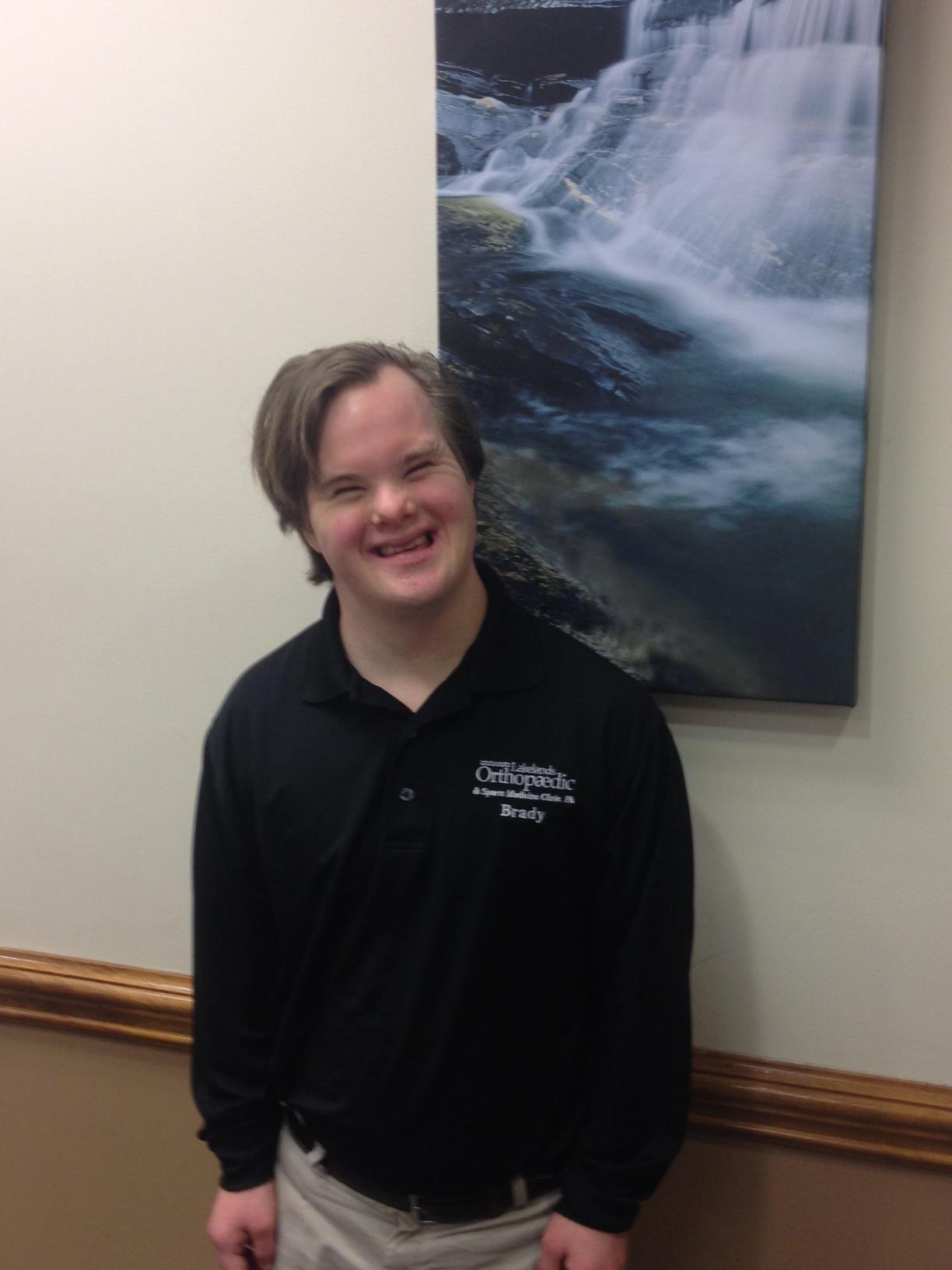
Get the latest articles delivered directly to your inbox!
Our Contributors
Class of 2022
Kyle Duke
Austin Foster
Charlotte Leblang
Ross Lordo
Class of 2021
Dory Askins
Connor Brunson
Keiko Cooley
Mason Jackson
Class of 2020
Megan Angermayer
Carrie Bailes
Leanne Brechtel
Hope Conrad
Alexis del Vecchio
Brantley Dick
Scott Farley
Irina Geiculescu
Alex Hartman
Zegilor Laney
Julia Moss
Josh Schammel
Raychel Simpson
Teodora Stoikov
Anna Tarasidis
Class of 2019
Michael Alexander
Caitlin Li
Ben Snyder
Class of 2018
Alyssa Adkins
Tee Griscom
Stephen Hudson
Eleasa Hulon
Hannah Kline
Andrew Lee
Noah Smith
Crystal Sosa
Jeremiah White
Jessica Williams
Class of 2017
Carly Atwood
Laura Cook
Ben DeMarco
Rachel Nelson
Megan Epperson
Rachel Heidt
Tori Seigler
Class of 2016
Shea Ray
Matt Eisenstat
Eric Fulmer
Geevan George
Maglin Halsey
Jennifer Reinovsky
Kyle Townsend
Join USCSOMG students on their journeys to becoming exceptional physician leaders.

Dear Brady
Dear Brady,
This letter is long overdue. In fact, you probably don’t even remember this interaction. I’m sure you go to talks like this all the time, and your easy charm probably brings you lots of attention. It was a Wednesday morning in November, and a crowd of first-year medical students sat before you, listening in as part of a session of CDR (Clinical Diagnosis and Reasoning). Deep in the throes of our Foundations module, we had been studying lots of biochemical pathways, molecular functions and genetics analysis. This morning, however, we were lucky enough to have a break from the books to hear from you, your mother, and the mother of a young girl named Grace with Down syndrome. Grace’s mother stood up at the front of the room sharing her experience of giving birth and raising her. She spoke about how her daughter continually “reminds her to see the world in a new way” and how adventures with her daughter taught her to adjust to “a new normal.” The picture Grace’s mother painted for our class with her stories and simple, honest description made a profound statement.
Normal is a complicated word, particularly for medical students. It is a constant refrain of our professors: “Is this normal?” “What are the normal lab values in this case?” “Describe your findings…and don’t say normal.” Much of our first year is dedicated to answering these questions. In other words, what does “normal” really mean? In medicine, “normal” most often means functioning physiology. So our first year is spent progressing through the body, system by system, learning which molecules move where, who moves them, what happens when they go from point A to point B, and how all of this contributes to that notion of “normal.” Physiology gone wrong becomes pathology, and when the body cannot correct itself, proper treatments are applied. (But you’ll have to ask the second year students about that.) What happens then, if the disruption isn’t straightforward? What if it isn’t just an ephemeral respiratory illness or even an extended post-operative hospital rehabilitation? What if it is something deeper, something more complicated, something life-long…a condition like Down syndrome perhaps? What is the “new normal?”If you ask a medical student about Down syndrome, you’ll probably get a spiel involving words like “genetic disorder” or “trisomy 21” or “developmental delay” or maybe even “amniocentesis” (if they’re really showing off for a physician or professor). That morning, however, there wasn’t a karyotype or symptom list to be found anywhere in the room. It was just Brady, a living, breathing, fellow human being; a beloved child of God.
So Brady: Thanks for ignoring my attempt at a “professional” handshake and reaching out for a hug with a chuckle and a grin. Thanks for teaching all of us that in all of our “ability” — physical, intellectual or otherwise — we see things incompletely. Without you, we miss things. Things like joy, beauty, laughter or silent suffering. Thank you for witnessing to the fullness of humanity that we can so often either ignore or forget with our eyes constantly glued to textbook type. Thank you for bursting our biochemical bubbles of pedigree analysis and synthesis study to remind us that we are being trained to be healers of humanity, and that we have much left to learn.
Gratefully,
The Class of 2017
I’m a first year student who grew up in the small Pee Dee town of Marion, South Carolina, before heading up to Durham, North Carolina, for an undergraduate education (and a few basketball games) at Duke University. After a year working in community health at Duke, I was primed to begin the study of medicine. USC School of Medicine Greenville’s attention to communities and commitment to teamwork brought me back to South Carolina (the amazing facilities didn’t hurt either). I’m interested in primary care and thinking about how physicians’ moral frameworks affect their practice of medicine. Most of all, I’m excited to be part of this new school and look forward to reflecting together with my classmates as we make our way through these formative years.
Kristin Lacey
Copyright 2021 USC School of Medicine Greenville




